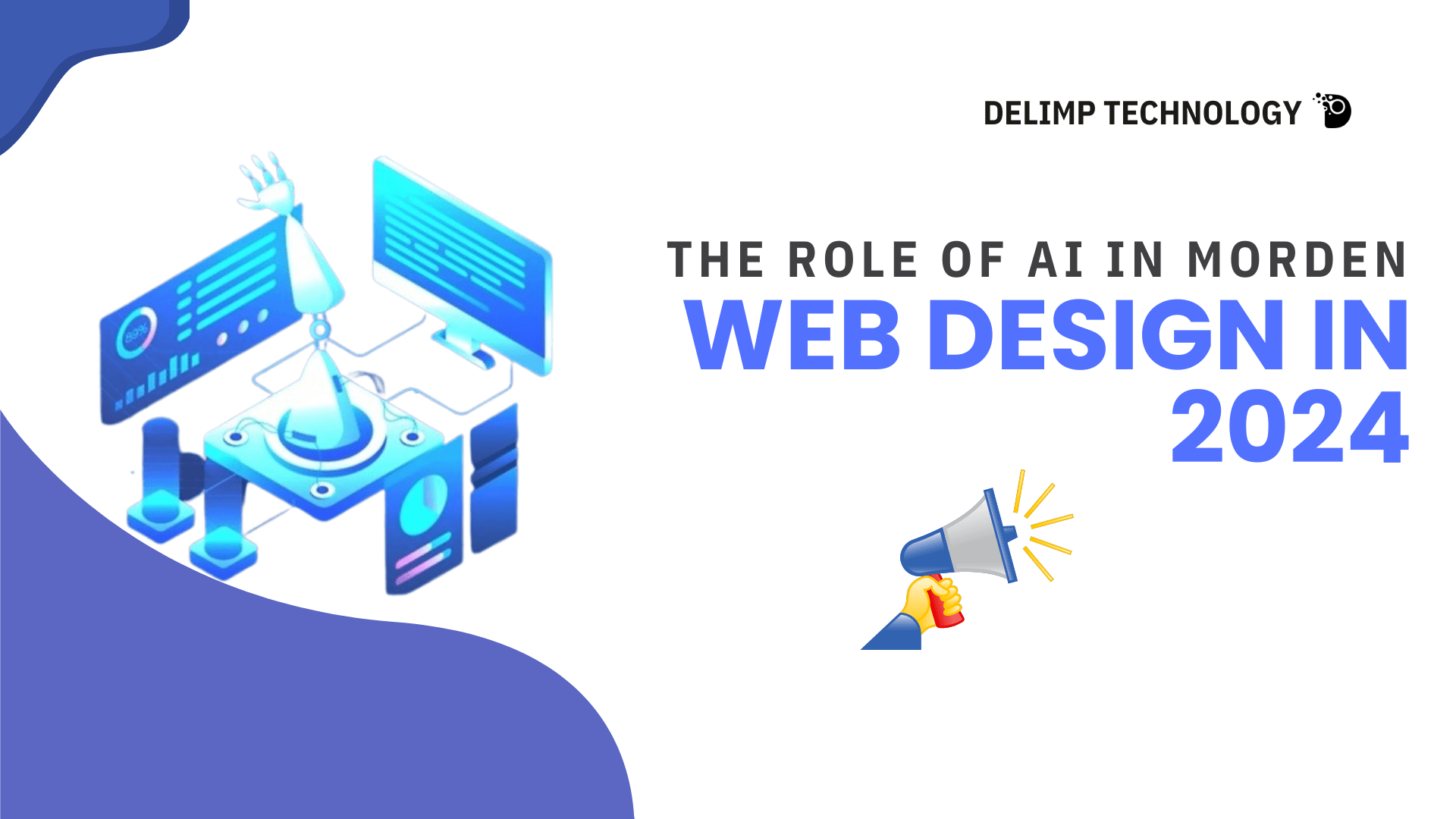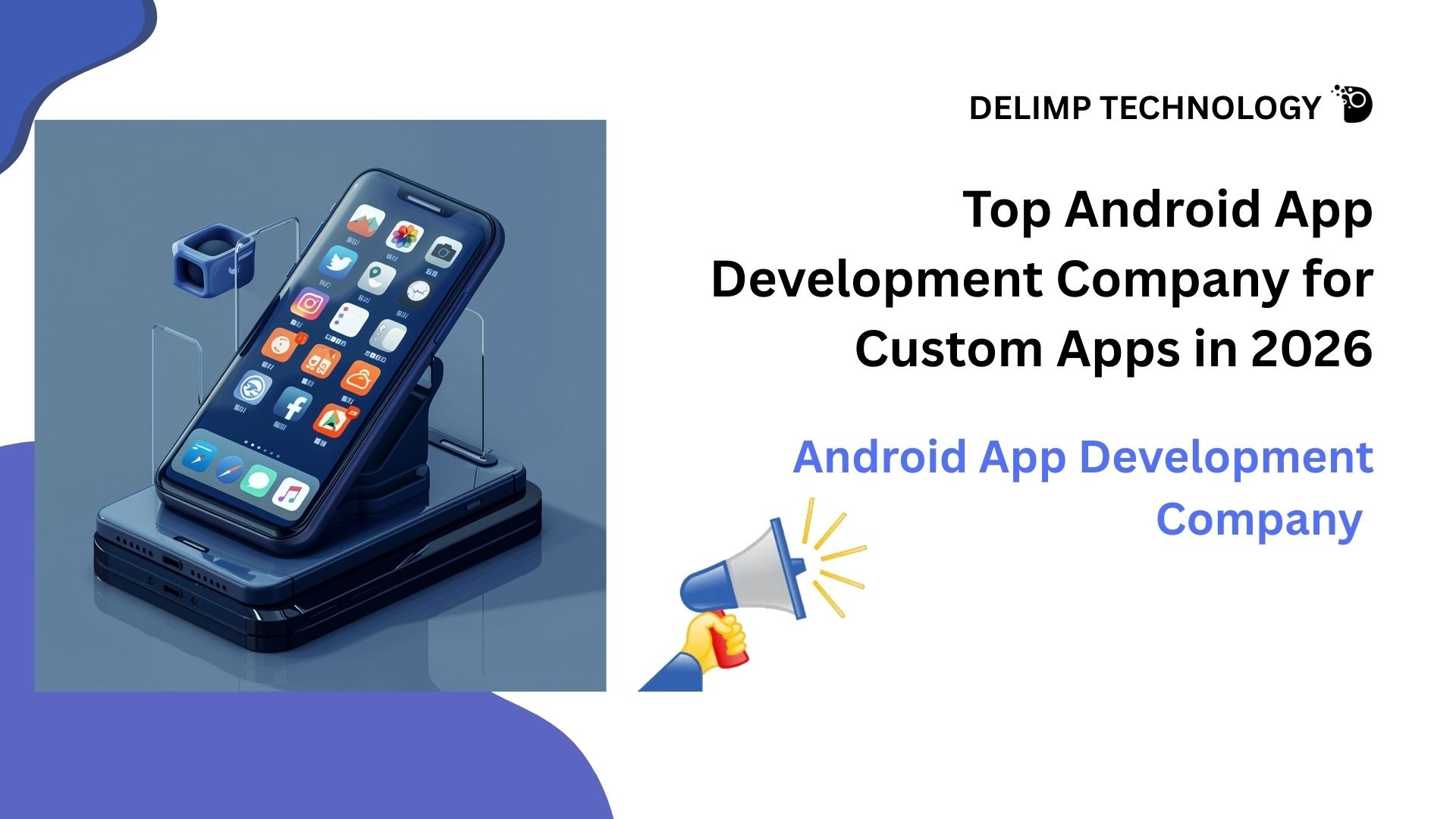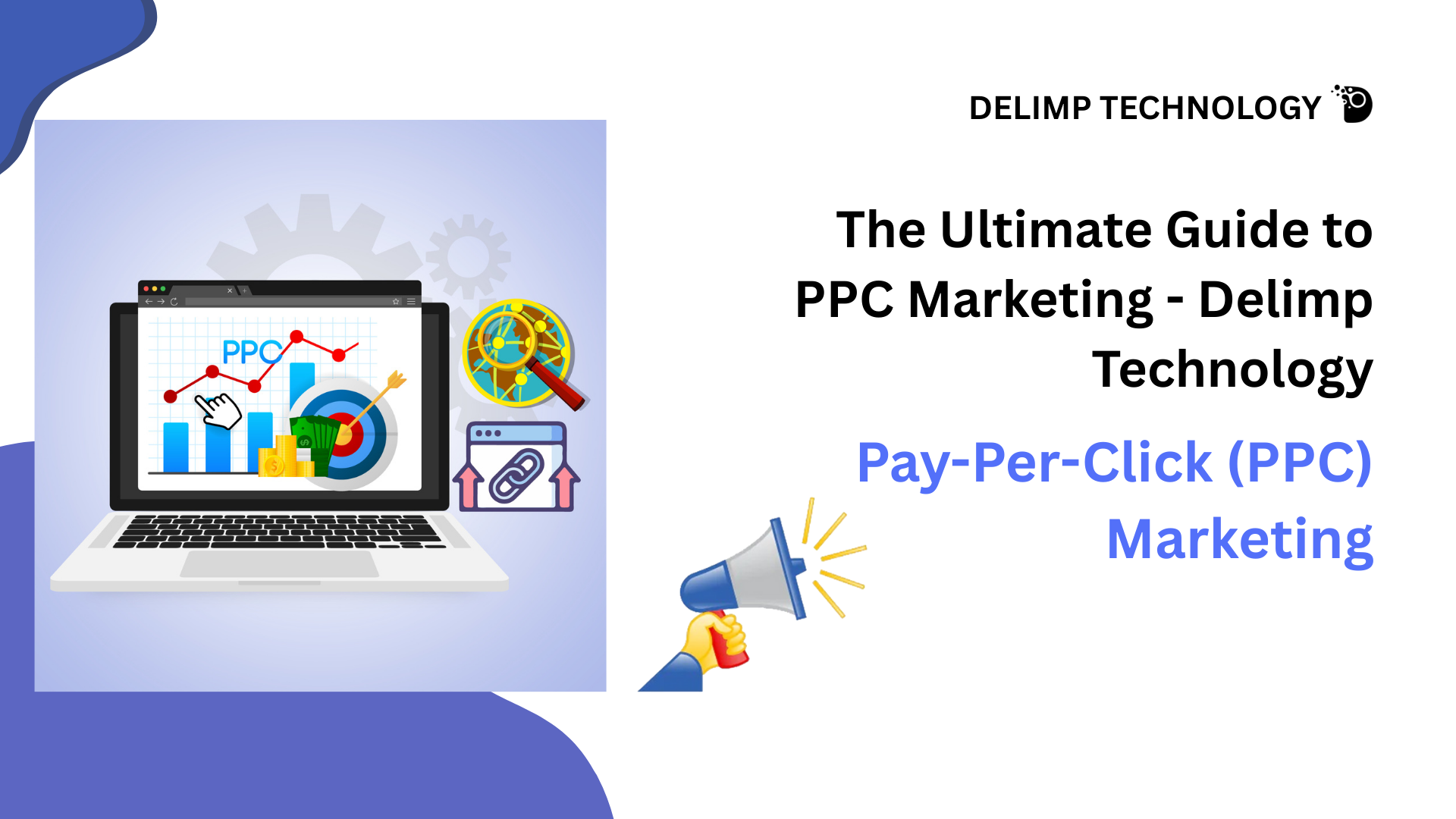With the constant evolution of web designs, it is important to be progressive when making websites that not only look good but also are pleasing to the eye. As we dive into 2024, one technology is rapidly transforming the landscape of modern web design: Artificial Intelligence (AI). Artificial intelligence is no longer a hype or a fleeting trend, but a powerful tool that influences the work of designers. Here are the ways you can see AI is shaping contemporary web designing and the implications for the future.
AI-Driven Design Automation
Welcome to the post man-attractor world where there is no need for coding any detail in a work. AI is set to enhance the contemporary visual web design techniques through automating routine procedures and freeing the designers. For example, Wix’s ADI (Artificial Design Intelligence) or Adobe XD AI can create design layouts from the given preferences and content, which makes the work of designers much easier.
Statistics reveal the impact of this technology: The recent findings conducted by Statista reveal that 65 percent of web designers use AI solutions for their work, while 75 percent of them observed the efficacy growth in performance.
Personalized User Experiences
Customization is the new trend that we see in today’s web designs. AI improves user experiences by understanding patterns of visitors and personalizing the content and layout of the page. With AI algorithms, it is possible to monitor how users interact with the site, determine their needs, and change the layout to respond to their demands in real-time. For instance, AI suggests products based on the history of the user’s browsing habits or optimizes the content displayed to a user based on their age, gender, or occupation.
According to a survey conducted by Epsilon, the consumers are willing to purchase more often if they are provided with personalized experiences. This is where AI comes into the picture for someone making these personalized experiences a reality and increasing users and conversion rates.
Enhanced Design Consistency
One of the key problems in modern web design is the need to maintain the similarity of the created website layouts across the different platforms and devices. AI can help in maintaining consistency of the designs, colors and fonts used in websites, applications etc. AI tools can also consider various versions of design and apply the corresponding styling to all of them at once, minimizing the potential for mistakes and increasing efficiency.
The Use of AI in User Testing and Feedback
Web usability testing is one of the critical yet time-consuming components of contemporary web designing. AI expedites this process by integrating user testing and collecting feedback on the product. Analytical tools such as Hotjar and Crazy Egg allows designers to track how users engage with their designs through heatmaps and session replay .
A study has revealed that websites employing AI for user testing have shorter iteration cycles that are 30% shorter than classic ones, indicating better user satisfaction.
Predictive Design Insights
AI can also be useful for analysis of the effectiveness of certain designs and possible preferred designs for users in the future. AI algorithms based on large data from different sources can predict future design trends for upcoming user expectations and make corresponding changes. It provides the designers with the predictability which helps them design websites that are not only contemporary but also futuristic.
According to Forrester Research’s findings, businesses using AI for anticipatory analyses in design realize a 40 percent improvement in user interaction and a 25 percent rise in conversion.
Unlock your digital potential with our expert web design company—where innovation meets aesthetics to create stunning, high-performing websites tailored to your business needs!
Conclusion
There’s probably no better time to embrace AI than navigating the world of modern web design in 2024. Whether it is facilitating repetitive design tasks while offering a customized user journey, or standardizing the design process while offering foresight, AI is redefining designing for the future. The exploitation of AI in the framework of web design may result in better optimization of processes, improvements in user experience, more effective and creative solutions.
AI technology is without doubt one of the keys to the future of modern web design. These tools will only get better with time and they will open more opportunities and set new standards for what is possible in web design. Thus, the implementation of AI in web design for professionals and beginners is a step towards the creation of innovative and user-focused websites in the modern digital space.
Frequently Asked Questions (FAQs)
Q1. How is AI transforming modern web design?
Ans. AI is revolutionizing modern web design by enhancing efficiency, personalization, and user experience. Tools powered by AI can automate tasks such as layout adjustments, content creation, and design recommendations. This leads to more intuitive and visually appealing websites, with faster development cycles and improved functionality.
Q2. What are some examples of AI tools used in web design?
Ans. Some popular AI tools in web design include:
– Adobe Sensei: Enhances image editing and automates design tasks.
– Wix ADI (Artificial Design Intelligence): Creates customized websites based on user input.
– Figma’s AI tools: Assist in design suggestions and streamline collaboration.
– ChatGPT: Generates content and assists with user interaction strategies.
Q3. How does AI contribute to a more personalized user experience in web design?
Ans. AI helps create personalized user experiences by analyzing visitor data and behavior to tailor content, recommendations, and design elements. For instance, AI algorithms can suggest relevant products, customize website layouts based on user preferences, and deliver targeted content, leading to higher engagement and satisfaction.
Q4. Can AI improve website accessibility?
Ans. Yes, AI can significantly enhance website accessibility. AI-powered tools can automatically generate alt text for images, provide real-time language translation, and ensure that web content is compliant with accessibility standards. This makes websites more usable for individuals with disabilities and broadens the site’s reach.
Q5. How does AI impact the speed and efficiency of web design projects?
Ans. AI accelerates web design projects by automating repetitive tasks, such as resizing images, optimizing layouts, and testing website functionality. This automation reduces the time required for design iterations and allows designers to focus on more complex and creative aspects of their projects.





